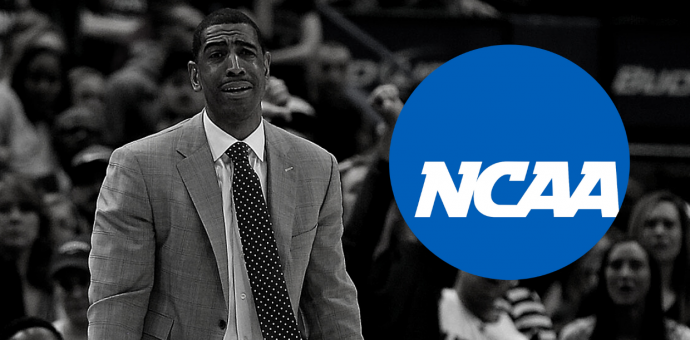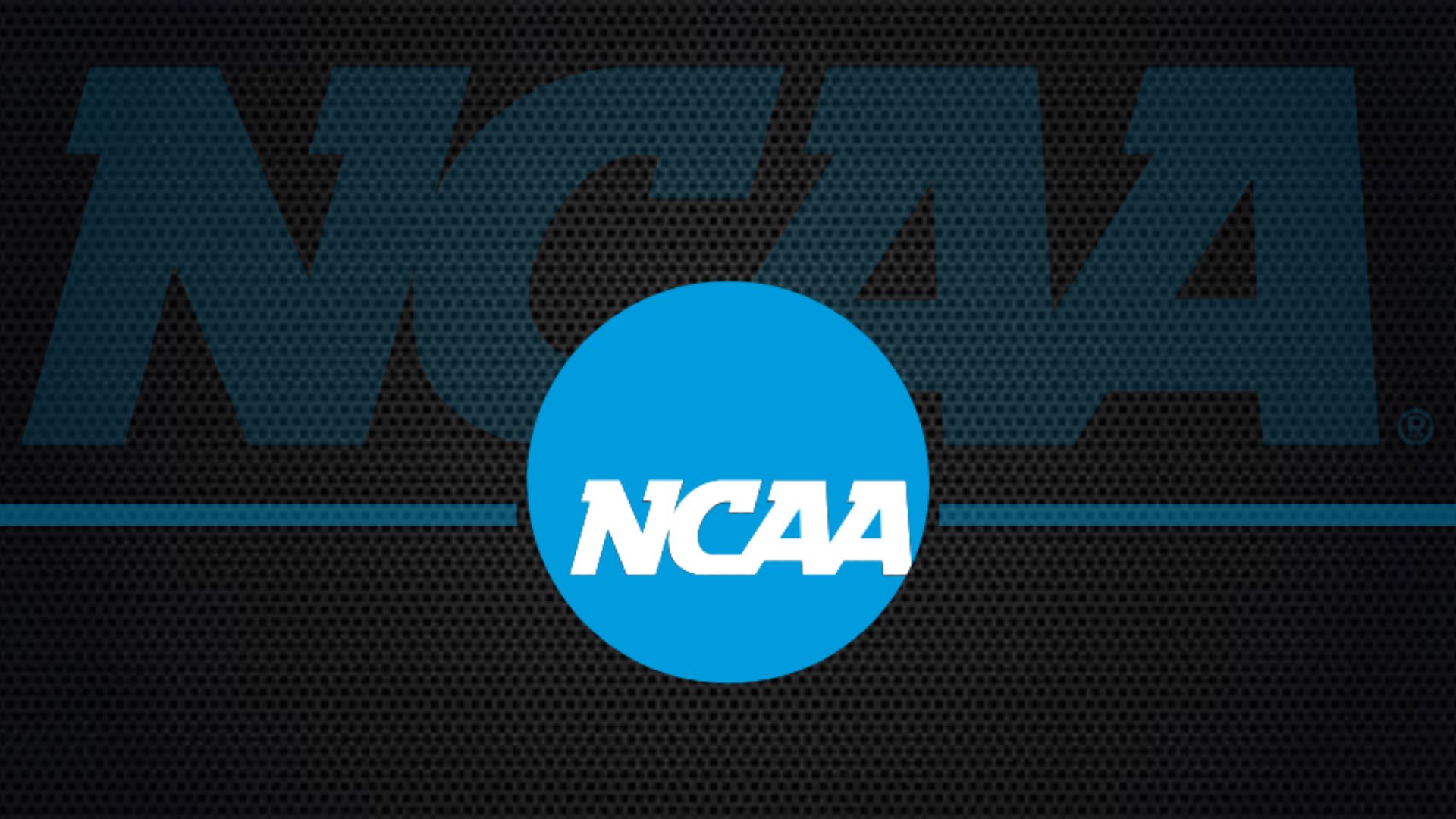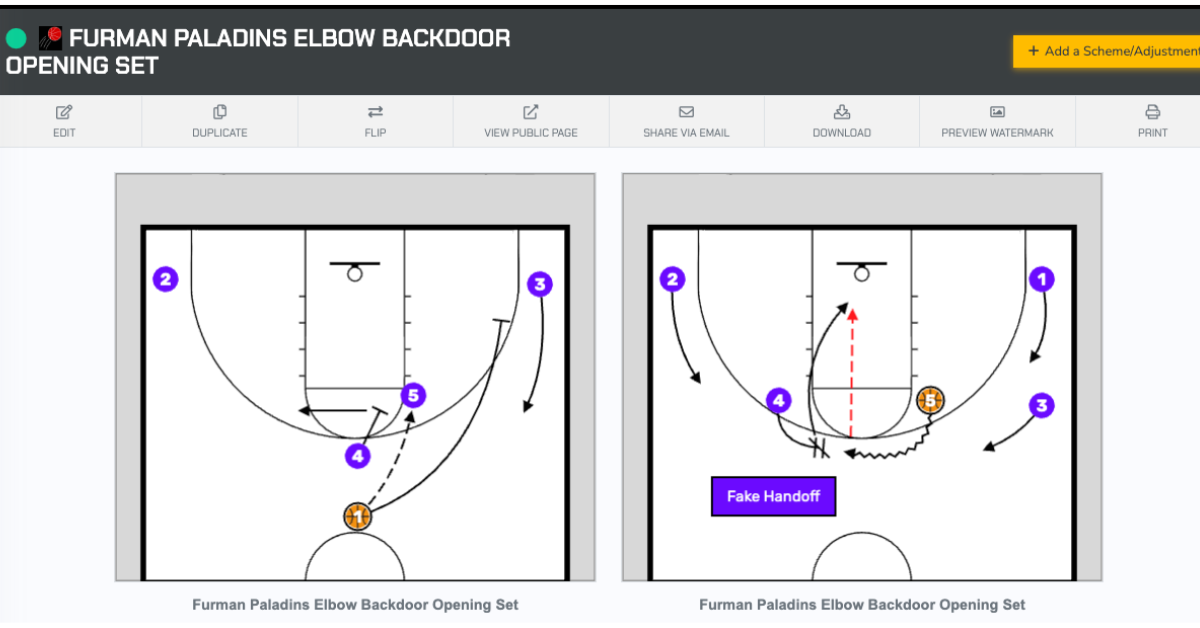The NCAA Division I Infractions Appeals Committee upheld findings that former head UConn men’s basketball coach Kevin Ollie violated head coach responsibility and ethical conduct rules. The committee also upheld a penalty that requires the former head coach to serve a three-year show-cause order, according to the decision. The complete 15 page decision can be found HERE.
In the NCAA Division I Committee on Infractions decision regarding UConn, the panel found the former head coach did not monitor his staff or promote an atmosphere of compliance. Additional violations in the men’s basketball program included exceeding preseason countable athletically related activity limits, using more than the allowable number of coaches and a booster providing extra benefits to student-athletes. In addition to other penalties, the panel prescribed a three-year show-cause order for the former head coach.
In his appeal, the former head coach argued the findings should be set aside because they were contrary to the information presented to the Committee on Infractions panel, and that the show-cause order should be vacated.
The former head coach said there were inconsistencies in information provided during interviews and challenged the credibility of individuals in an attempt to demonstrate that the appealed findings were contrary to the information presented to the panel.
In its response to the appeal, the Committee on Infractions said the panel relied on information that supported statements made by individuals during their interviews, including those who observed the violations occurring.
In its decision, the Infractions Appeals Committee said an individual or school appealing findings of violations must show more than an alternate reading or application of the information exists to demonstrate a violation is clearly contrary to the information presented. The appeals committee continued that the former head coach failed to demonstrate that the information he used to challenge the credibility of the individuals, who provided information in this case and to support his narrative, clearly outweighed the information used by the Committee on Infractions to support the violations.
The former head coach also argued he did not violate ethical conduct rules when he declined to participate in a second interview with NCAA enforcement staff based on the advice of his counsel in a separate ongoing legal proceeding. He added that he continued to cooperate as much as possible by providing various records to the enforcement staff.
In response, the Committee on Infractions said former staff members have an obligation to cooperate fully during the infractions process. It argued that there is no exception to full cooperation related to reliance on the advice of counsel, and partial cooperation does not fulfill the responsibility of an individual to fully cooperate in the infractions process.
The appeals committee noted that while the former head coach declined to participate in a second interview, he participated in the hearing before the Committee on Infractions and answered its questions even though the same legal proceeding was still pending. In its decision, the appeals committee said, “It is difficult for this committee to draw a distinction between the circumstances at the time of the request for a second interview and the circumstances at the time of the panel’s hearing in which the appellant fully participated.”
Finally, the former head coach said the Committee on Infractions should not have prescribed a show-cause penalty. However, the appeals committee upheld this penalty because he included few or no arguments regarding overturning this penalty and failed to demonstrate that the Committee on Infractions abused its discretion by prescribing the penalty.
The members of the Infractions Appeals Committee who heard this case were Jonathan Alger, president at James Madison; W. Anthony Jenkins, chair of the Division I Infractions Appeals Committee and an attorney in private practice; Patricia Ohlendorf, retired special advisor in the office of legal affairs at Texas; Allison Rich, senior associate athletics director and senior woman administrator at Princeton; and David Shipley, law professor and faculty athletics representative at Georgia.






